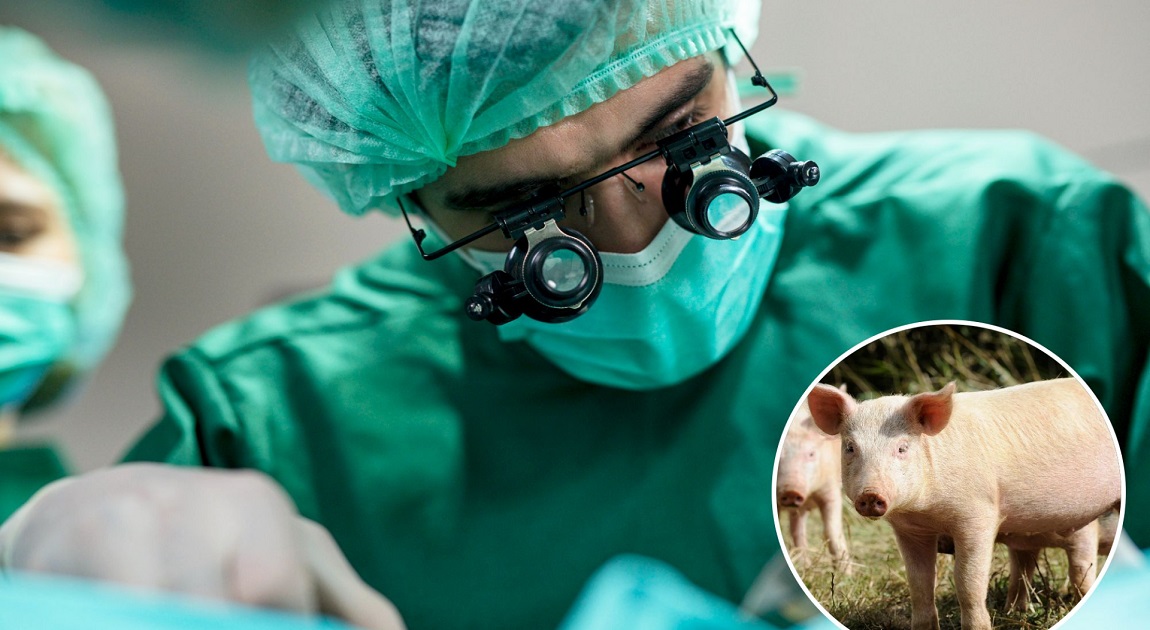In a groundbreaking medical experiment, doctors in China have transplanted a genetically modified pig lung into a brain-dead man, marking the first known attempt of its kind.
The lung functioned for nine days before the procedure was ended, according to findings published Monday in Nature Medicine.
The operation was carried out at Guangzhou Medical University First Affiliated Hospital on a 39-year-old man who had been declared brain-dead following a brain hemorrhage. With the consent of his family, doctors implanted the genetically engineered pig lung.
The donor pig underwent six genetic modifications and was raised in a highly controlled, sterile environment to minimize infection risks. The recipient was also given multiple medications to suppress immune rejection.
Researchers reported that the organ initially showed no immediate signs of rejection. However, within a day, the patient developed widespread swelling caused by fluid buildup, potentially linked to a blood circulation problem. The lung’s dual role in both breathing and circulation posed added challenges.
Although some partial recovery was observed, the patient’s body ultimately began rejecting the organ. At the request of the family, the trial was terminated.
“This study demonstrates the feasibility of pig-to-human lung xenotransplantation, but significant challenges with rejection and infection remain,” the researchers wrote. They stressed that more research is necessary before such a procedure could move toward clinical trials.
The achievement comes amid a global shortage of donor organs. In the United States alone in 2023, more than 103,000 people were on organ transplant waiting lists—double the number of transplants performed that year. On average, 13 people die daily in the U.S. while waiting for an organ, according to the Health Resources and Services Administration (HRSA).
For decades, pig heart valves have been used in human patients, but entire organs pose far greater hurdles. Recent efforts with genetically modified pig kidneys and hearts have shown limited success. The most promising case so far is Tim Andrews, a Massachusetts man who continues to live with a genetically modified pig kidney transplanted at Massachusetts General Hospital in January.





































